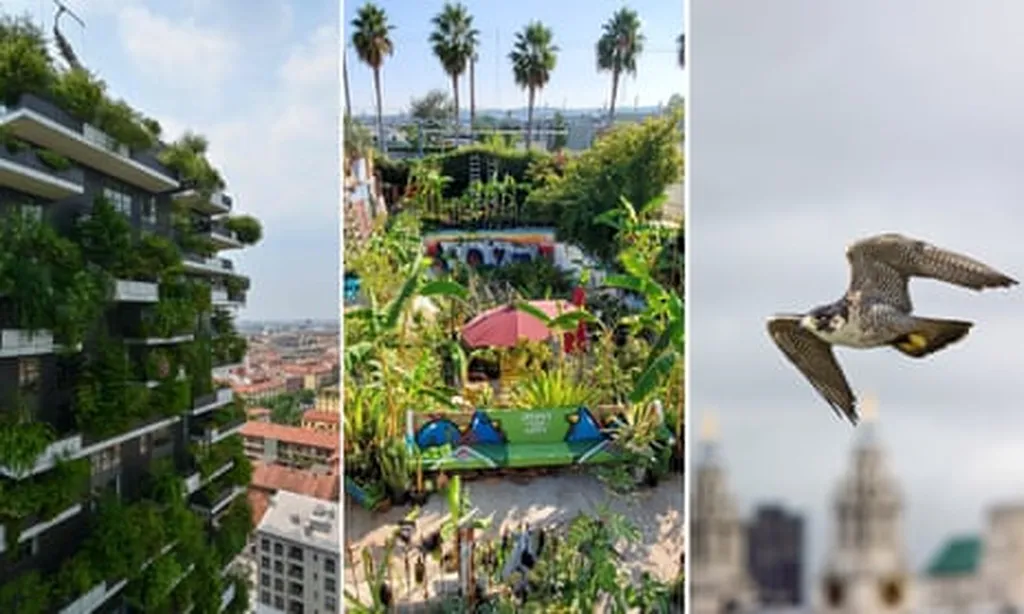In the heart of Milan, a quiet revolution is taking root, quite literally. Researchers at the Politecnico di Milano, led by Marco Migliore from the Department of Architecture and Urban Studies, are reimagining urban spaces as fertile grounds for sustainable agriculture. Their work, published in the journal Techne (which translates to “Art” or “Skill” in English), is not just about growing food; it’s about growing a greener, carbon-neutral future.
The Bioloop project, a winner of the Polisocial 2023 call, is pioneering innovative urban farming systems designed to thrive on impervious surfaces—think rooftops, parking lots, and other concrete jungles. “We’re not just talking about potted plants on a balcony,” Migliore explains. “We’re talking about scalable, efficient systems that can integrate into the urban landscape, turning grey areas green.”
The prototypes developed by Migliore and his team are a testament to the power of local resources and circular economy principles. They’ve repurposed waste materials from hyperlocal sources, kickstarting micro-supply chains that support fragile neighbourhoods. This isn’t just about sustainability; it’s about community empowerment and social cohesion.
The implications for the energy sector are profound. By promoting carbon neutrality, these urban farming systems can help reduce the carbon footprint of cities, which are significant energy consumers. Moreover, the use of sustainable materials and surfaces with high solar reflectance can contribute to energy efficiency, reducing the need for artificial cooling and lighting.
The research aligns with the OECD’s indications and the PGT of Milan, which emphasizes renaturalisation, sustainable materials, reduced water consumption, and high solar reflectance. “We’re not just following guidelines; we’re setting new standards,” Migliore asserts.
The potential for this research to shape future developments is immense. Imagine cities where every rooftop is a farm, where every parking lot is a green space. This is not a distant dream but a tangible reality that the Bioloop project is bringing closer. As urbanization continues to rise, so does the need for sustainable solutions. This research offers a blueprint for cities to grow greener, smarter, and more resilient.
In the words of Migliore, “We’re not just growing plants; we’re growing a movement.” And this movement is set to redefine the future of urban living, one prototype at a time.

